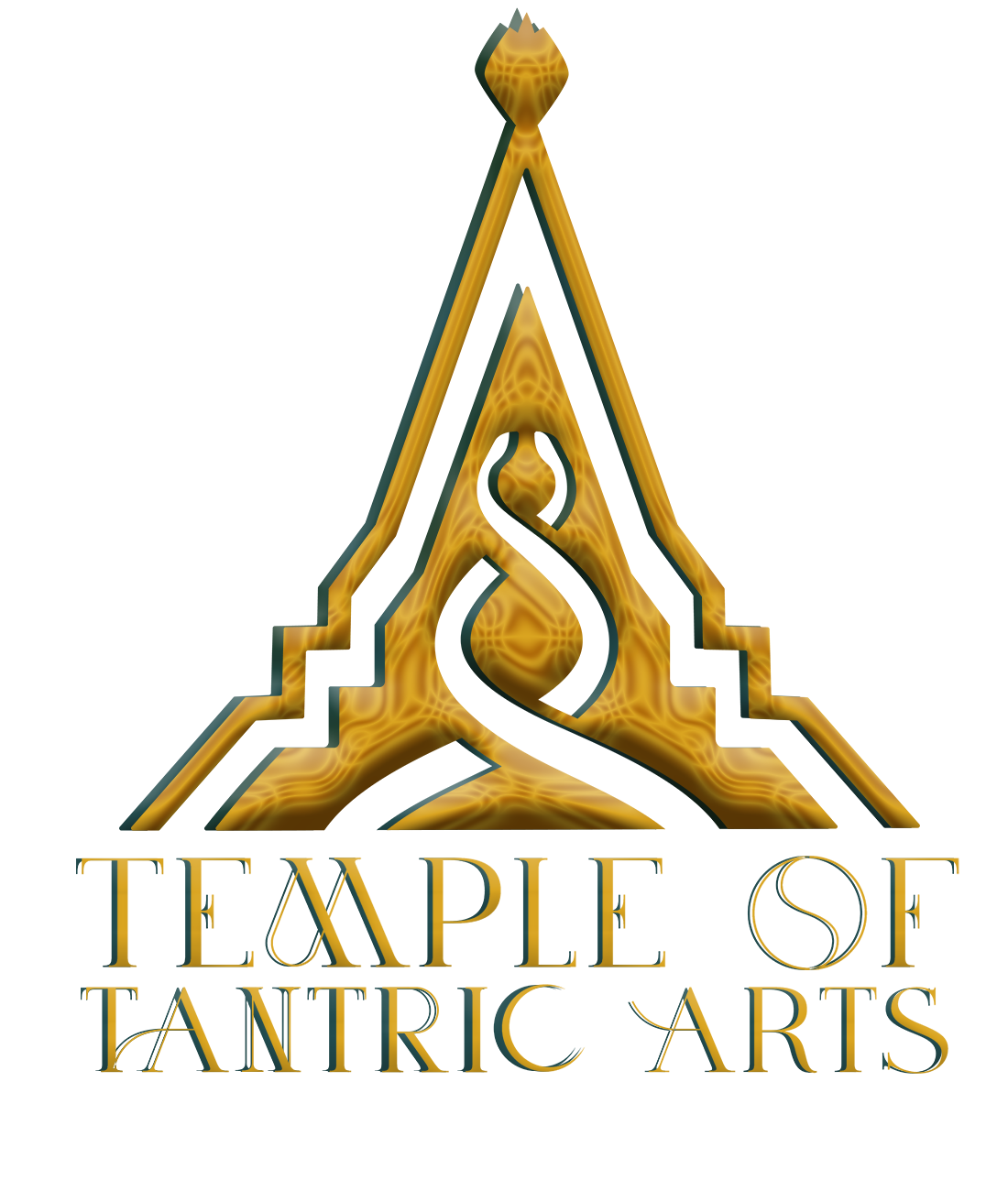"It is important not to ignore the foundations of our humanity: relationships and interactions that shape our minds and brains when we are young and that give substance and meaning to our entire lives."
I'm reading the book "The Body keeps the score", a chapter about childhood trauma's caused by sexual or physical abuse, neglect and ignorance.
Did you know that sexually or physically abused children have an incredibly higher rate of all kinds of illnesses like obesity, ADHD, Post Traumatic Stress Syndrome, depressions, anxiety, etc. It's very difficult for these people to feel safe and at home in their bodies. Also, all sorts of undiagnosable illnesses usually belong to people with trauma. It's like the soul leaves the body in order to cope with the unbearable trauma and pain, repressing the painful memories, until hopefully one day they find the right therapy to heal the trauma, instead of treating the symptoms.
Neglected children or deprived of warm physical and emotional contact with their caregivers, are most likely to show signs of aggression or aloofness. When child's needs are not met, the child stops trusting themselves and their worth.
Did you also know that children mostly won't talk about their trauma's because they are either very ashamed of it (children tend to make themselves guilty for what happens), or feel not safe to share with their closest caregivers.
Such children will also experience much more difficulty to relate with peers, and will unconsciously re-create traumatic situations again and again, like difficulty to make friends, being bullied, etc. They have hard time to concentrate and focus on learning at school.
As part of another study, abused children had common specific modification in 73 genes.
Adults who carry trauma from their childhood basically freeze in that "child part" of themselves. Freeze is the right word, because it's so painful to look back at and move through what they experienced in the past. Even being an adult it is scary to go and feel it. The body deals with it through emotional and physical illnesses.
Studies showed that child abuse is the largest public health problem. In America, where the ACE study was conducted, they calculated that the overall costs of child abuse exceeded those of cancer or heart disease and that eradicating child abuse in America would reduce the overall rate of depression by more than half, alcoholism by two thirds, and suicide & domestic violence by three-quarters. I would also have a dramatic effect on study and workplace performance, and vastly decrease the need for incarceration.
As parents, sometimes we may loose our temper or not feel available to our children all the time, it's totally fine. What matters is how attuned we are to their specific needs and how quickly we can re-establish the contact, which provides safety.
I notice what an intense job it is to raise a child while being attuned to my child's needs and my/our own needs. I love every bit of it, but I am also in a position of privilege, because we live in Belgium where the social system allows us to create the balance of life (I am able to work as an independent and have my own time roster + cheap high quality daycare + financial support from the government), while we also get an extensive support from family. It's "easier" for us in many ways than for instance for parents who don't receive regular outside support from government or family.
This balance is one of the keys to raising healthy children, free of abuse and neglect. And here as a society we can really support each other as members of the larger family. For instance, if you know someone as a single parent or even both parents, but they struggle to keep the balance of life (because the capitalist system is very demanding of our energy and time to make money for living), reach out to them and offer your support. I hear that many single people feel very lonely now during corona times. Maybe this way there could be some win-win created.
Also, I loved the idea that in some country they bring elderly people in homes together with orphans.
Reflecting about this in the last few days brought some pain (my own childhood + "how on Earth can parents do it?"), compassion and understanding (most parents were neglected or abused themselves as children), frustration ("I feel so small to create a change here, because it's on the level of each family"), and desire to create awareness and to contribute to a healthier world.
Every day I look at my daughter, I am in awe. It's like my heart is beating in her body. So innocent, so pure. So much LOVE.


